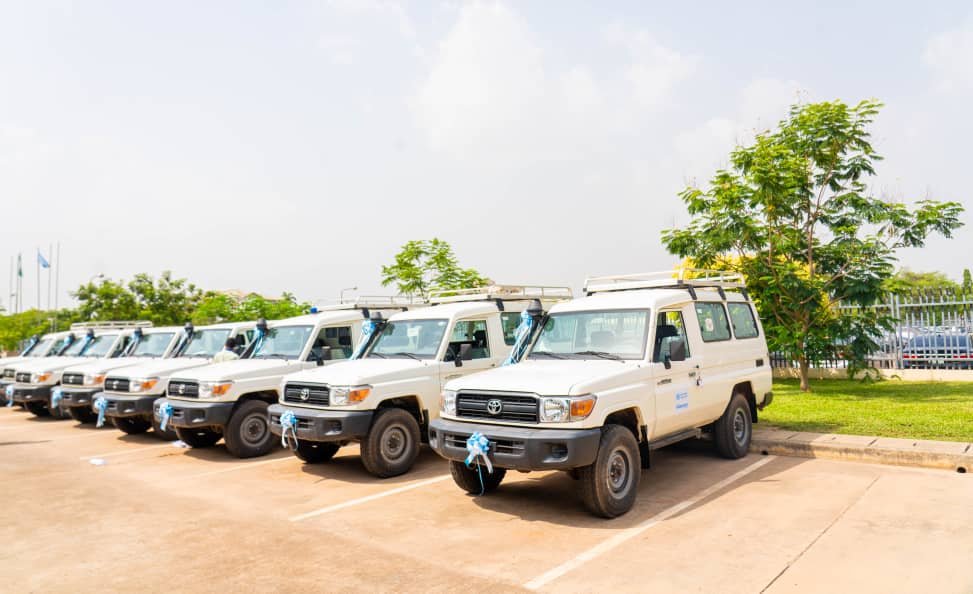Korede Abdullah in Lagos
The World Health Organization (WHO) has revealed that Nigeria and other African nations face over 100 health emergencies every year, from disease outbreaks to natural disasters.
During the official handover of eight emergency response vehicles to the Federal Capital Territory (FCT) health team on Tuesday, WHO Country Director Dr. Walter Kazadi Mulombo emphasised the significance of enhancing emergency preparedness across the continent.
“Africa continues to experience more than 100 health emergencies annually,” Mulombo noted, citing past crises like COVID-19, Ebola, Lassa fever, and anthrax as examples that have tested national systems.
The donated vehicles form part of the Strengthening and Utilising Response Groups for Emergencies (SURGE) initiative, aimed at boosting operational capacity, mobility, and coordination.
The SURGE program, co-designed by WHO’s Regional Director and Africa CDC, focuses on building a multidisciplinary, trained, and rapidly deployable workforce that can respond within 24 hours of an emergency.
“This handover is part of the SURGE flagship initiative, which aims to bolster health emergency preparedness and response within the FCT,” Mulombo said, adding that the initiative rests on four key pillars: workforce development, response coordination, operations and logistics, and community engagement.
He noted that the FCT is one of six pioneer states in Nigeria—alongside Lagos, Abia, Edo, Kano, and Yobe—selected to lead SURGE implementation, with the FCT and Yobe marked for the first phase.
Receiving the vehicles, Dr. Dolapo Fasawe, the Mandate Secretary for Health and Social Services in the FCT, highlighted the importance of disease surveillance in effective public health response.
“It enables us to detect outbreaks early, respond swiftly, and prevent widespread harm,” she stated.
Echoing the urgency, NCDC Director General Dr. Jide Idris disclosed that Nigeria is currently tackling eight simultaneous health emergencies and warned of a critical shortage in the health security workforce.
The donation marks a key milestone in a three-year journey that began with the training of emergency responders in 2022, as WHO and its partners seek to bridge existing gaps in Africa’s health emergency response infrastructure.



